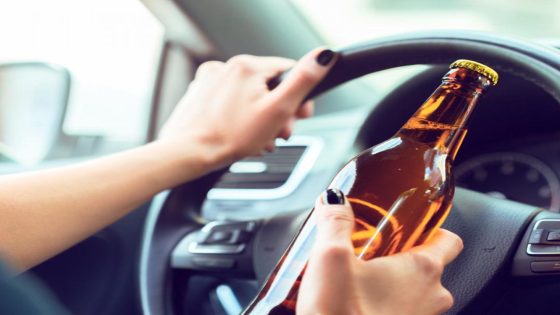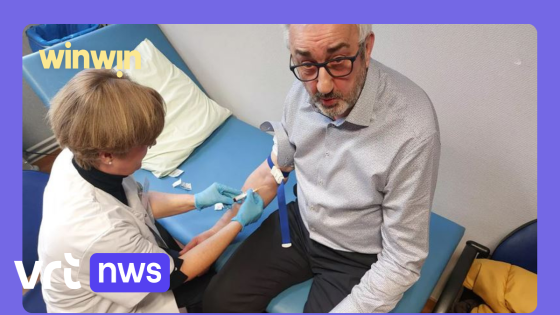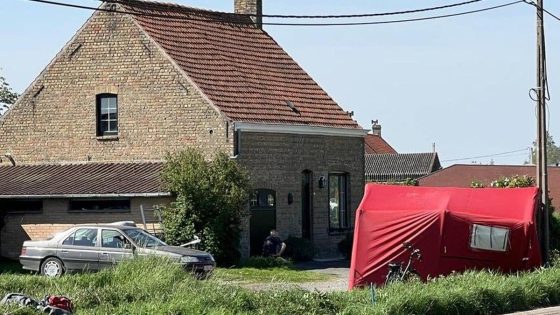Belgium is considering tougher measures against drunk driving to enhance road safety. With the ongoing debate intensifying, the government is exploring innovative solutions to curb alcohol-related traffic incidents. As of 2025-05-21 09:15:00, discussions focus on stricter controls and new technology to prevent impaired driving.
- Verregaande maatregelen tegen dronken rijden gepland
- Mobiliteitsminister wil alcoholverkeer strenger aanpakken
- Onderzoek naar gebruik van ‘alcogates’ in verkeer
- Garagepoort of slagboom voor dronken chauffeurs?
- Beleidsfocus op verkeersveiligheid en alcoholpreventie
One of the key proposals gaining attention involves the installation of ‘alcogates’—devices that could block access to vehicles if a driver’s blood alcohol content exceeds legal limits. This approach aims to reduce repeat offences and protect all road users from the dangers of drunk driving.
How effective could these measures be in Belgium’s unique traffic environment? And will stricter enforcement finally shift driver behaviour? The answers may soon shape the country’s road safety policies.
Could technology be the key to ending drunk driving in Belgium? These measures raise important considerations:
- ‘Alcogates’ could serve as a direct deterrent by physically preventing impaired driving.
- Stricter penalties may encourage more responsible behaviour behind the wheel.
- Implementation challenges include costs and public acceptance of new controls.
- Ongoing education campaigns remain crucial alongside enforcement tools.
As Belgium moves forward with these proposals, citizens and policymakers alike must engage in dialogue to balance safety, privacy, and practicality. Will these measures mark a turning point in road safety? Time will tell, but the push for change is clear.
































